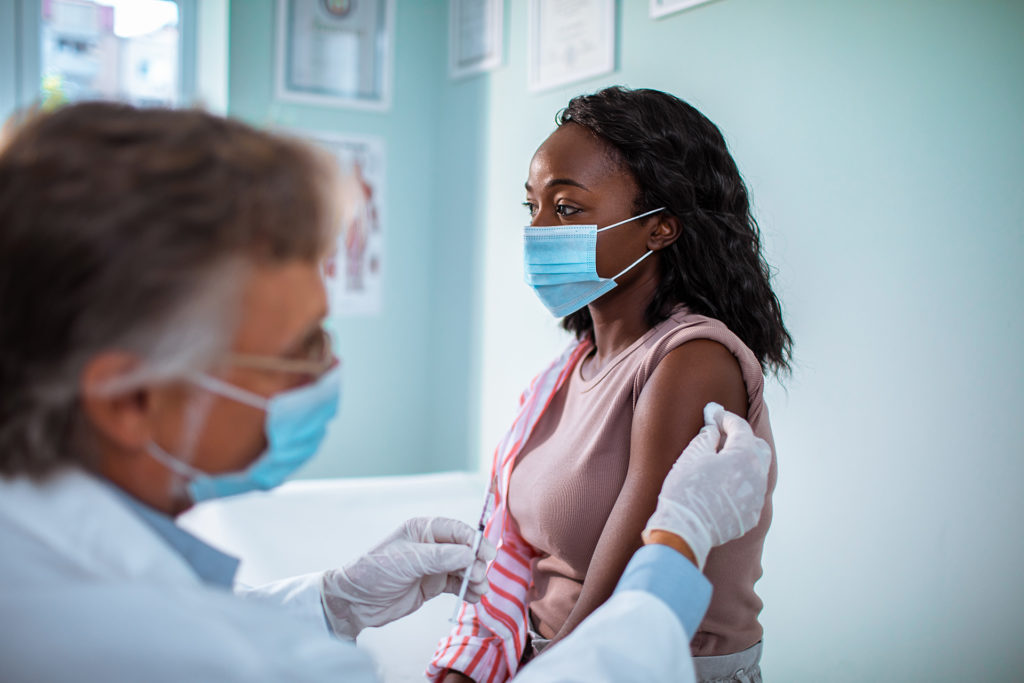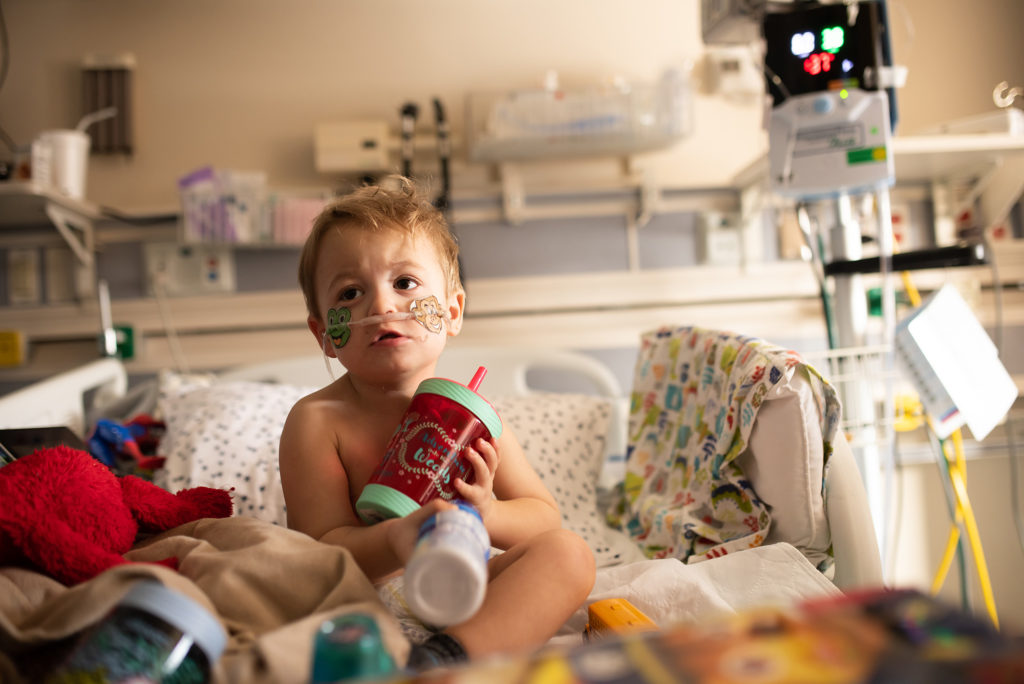- For centralized data on cases, deaths, testing, hospitalizations and vaccinations at a variety of geographic and demographic levels in Missouri, visit DHSS’ suite of dashboards on the Show Me Strong Recovery Plan website.
- For sewershed data, visit the state’s Sewershed Surveillance Project Tracking Tool.
- For centralized national and state-level COVID-19 data, visit the CDC COVID-19 Data Tracker.
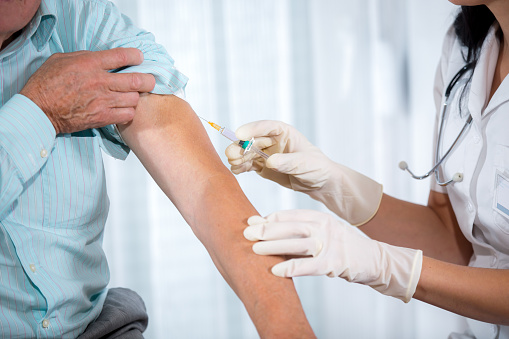
Infectious Diseases
Infectious diseases — most of which are preventable — disrupt the lives of millions of Americans each year.
These diseases also disrupt the health care system and can have a major impact on patient care and hospital operations. However, actions can be taken to mitigate these threats. Below are resources to help hospitals, health care coalitions and other organizations prepare for and respond to the diseases that pose a risk to the health care environment.
COVID-19
COVID-19 emerged as a novel virus and disease in late December 2020 in Wuhan, China. This disease caused significant disruption to health care facility operations and daily life. Hospitals experienced shortages of PPE and medical supplies, capacity issues, and changes to daily operations. The U.S. declared a public health emergency on Jan. 31, 2020, and it expired on May 11, 2023.
Health care facilities and partners learned much about the health impacts and treatments of COVID-19, and the response has moved from an acute pandemic response to the management of COVID-19 in the care environment with expected peaks and valleys in COVID-19 cases and hospitalizations. MHA continues to monitor this disease and will provide members with updates and resources to respond to the current state of COVID-19.
For more information:
COVID-19 Resources
Transitional Care Resources
MHA, Leading Age Missouri, the Missouri Health Care Association, and the Missouri Department of Health and Senior Services collaborated to develop the following tools to be used when transferring patients from one care facility to another. Using guidance from the CDC and CMS, these forms capture pertinent information related to a patient’s COVID-19 status to expedite transfers, keep health care staff safe and informed, and reduce inappropriate testing requests prior to acceptance.
- Hospital to Facility Transfer Form | Video
- Post-Acute Care and Behavioral Health to Hospital Transfer Form
These tools should be:
- completed by the health care team with the signature of the provider overseeing care
- provided to the facility as part of the inquiry for discharge placement
- used regardless of COVID-19 diagnosis while in the hospital
- provided to EMS
DHSS can provide direction if a facility is refusing to take back a patient after transferring that patient to the hospital; however, DHSS cannot require a facility to accept new admissions. A facility may refuse new admissions for a variety of reasons, including an internal event or upon direction from the department. Hospitals can contact Shelly Williamson at shelly.williamson@health.mo.gov or Tracy Niekamp at Tracy.Niekamp@health.mo.gov with concerns related to a specific facility, or they may call 573-526-8524.
NIH Clinical Resources
Ordering Vaccines
COVID-19 vaccines continue to be provided free of charge to health care providers through a federal supply facilitated by DHSS. A transition to the commercial market is expected in Fall 2023. To order vaccines, use the COVID-19 Vaccine Order Request Form.
Resources
- MHA: CMS COVID-19 Vaccine Mandate Guidance
- ACOG: COVID-19 Vaccination Considerations for Obstetric–Gynecologic Care
- SMFM: Provider Considerations for Engaging in COVID-19 Vaccine Counseling With Pregnant and Lactating Patients
- SMFM: COVID-19 Vaccination if you are Pregnant or Breastfeeding
- AAP: Pediatric COVID-19 Vaccine Dosing Quick Reference Guide
- MHA: Sample Mandatory COVID-19 Staff Vaccination Policy Template
Flu
Seasonal Influenza
Missouri health care partners continue to enhance preparedness and mitigation strategies regarding increased demands on the health care system during prevalent flu seasons. MHA partners with hospital staff, and state and local public health leadership to implement strategies for collecting and analyzing hospital information that could serve as an early indicator of potential resource constraints from increased flu activity.
Managing Seasonal Patient Surge
Regarding managing seasonal patient surge at health care facilities, ASPR TRACIE worked with the Centers for Medicare & Medicaid Services to provide the information included in HPP’s message about 1135 waivers and temporary surge sites. Additionally, ASPR TRACIE, along with multiple subject matter experts, developed Considerations for the Use of Temporary Care Locations for Managing Seasonal Patient Surge, which describes the major issues health care facility emergency planners must consider when determining patient surge management solutions for longer-duration events, such as weeks to months of managing seasonal illness surge.
For more information:
RSV
RSV is a common respiratory virus that typically causes mind, cold-like symptoms. Premature infants; babies younger than 6 months old; people above age 65; and people who have a compromised immune system, chronic lung disease or congenital heart condition can get a more severe case of RSV, which may require hospital care.
Monoclonal Antibody Products
A new long-acting product, nirsevimab (Beyfortus), is recommended for infants younger than 8 months and born during or entering their first RSV season. One dose can protect infants for 5 months. Nirsevimab also is recommended for some children ages 8 to 19 months who are at increased risk of severe RSV. This includes the following children who are entering their second RSV season.
- children with chronic lung disease of prematurity who required medical support any time during the 6-month period before the beginning of their second RSV season
- children who are severely immunocompromised
- children with cystic fibrosis who either have manifestations of severe lung disease or weight-for-length <10th percentile
- children who are American Indian or Alaska Native
Vaccination
Adults ages 60 and older now have access to an RSV vaccine, which provides long-term protection through all RSV season.
Resources
Contact An Expert
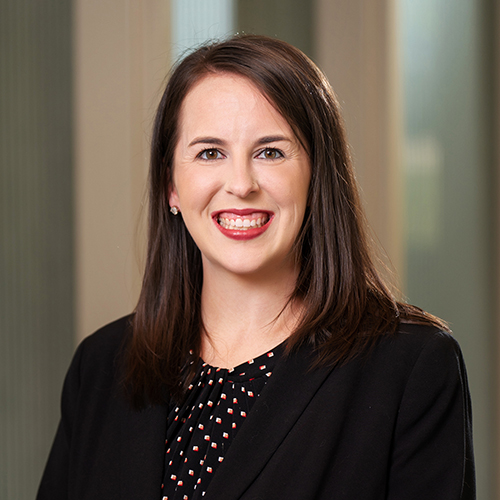
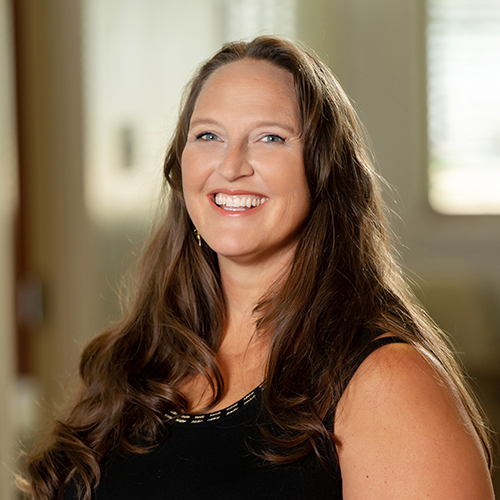
Keri Barclay
Media Library
VIEW THE LATEST DISEASE MANAGEMENT RESOURCES
Social Toolkits










